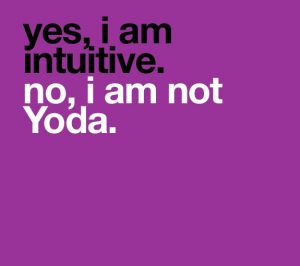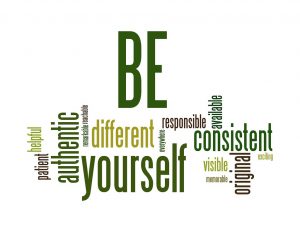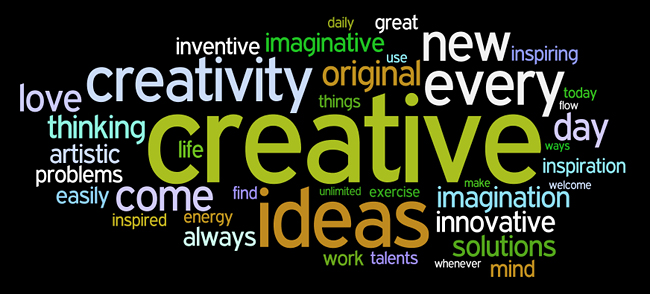“Creativity does its best work when it functions intuitively” Carla Woolf

Pretty much everyone has experienced a gut feeling — that unconscious reasoning that propels us to do something without telling us why or how. But the nature of intuition has long eluded us, and has inspired centuries’ worth of research and inquiry in the fields of philosophy and psychology.”
Intuition is challenging to define, despite the huge role it plays in our everyday lives. Steve Jobs called it, for instance, “more powerful than intellect.” But however we put it into words, we all, well, intuitively know just what it is.
Pretty much everyone has experienced a gut feeling — that unconscious reasoning that propels us to do something without telling us why or how. But the nature of intuition has long eluded us and has inspired centuries’ worth of research and inquiry in the fields of philosophy and psychology.

“Creativity is piercing the mundane to find the marvellous“
Creativity is the act of turning new and imaginative ideas into reality.
Creativity is characterized by the ability to perceive the world in new ways, to find hidden patterns, to make connections between seemingly unrelated phenomena, and to generate solutions.
Creativity involves two processes: thinking, then producing. If you have ideas but don’t act on them, you are imaginative but not creative.
Creativity begins with a foundation of knowledge, learning a discipline, and mastering a way of thinking. You learn to be creative by experimenting, exploring, questioning assumptions, using imagination and synthesizing information. Learning to be creative is akin to learning a sport. It requires practice to develop the right muscles and a supportive environment in which to flourish.
